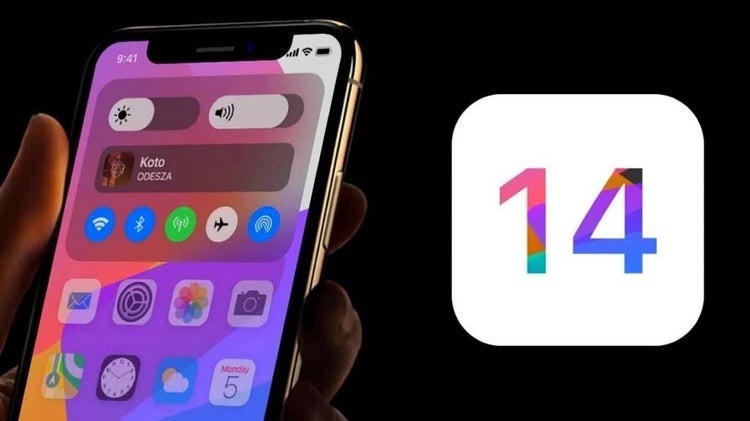You know what? The Anti-5G USB Stick Is a Scam A lot of bullshit has been circulating about 5G lately, specifically as it relates to the novel coronavirus. To be very clear: There is no evidence that the rollout of 5G is at all connected to the origin or spread of covid-19. But that hasn’t stopped dozens of attacks on cell towers, the proliferation of cockamamie conspiracy theories, and, of course, hucksters peddling bogus anti-5G products to the scared masses. The 5G BioShield USB Key is the latest dumb device to make headlines. On its website, it’s described as creating a “wearable holographic nano-layer catalyzer” that can be used for the “balance and harmonization of the harmful effects of imbalanced electric radiation.” Basically, the device creates a holographic bubble that somehow protects you from the scary 5G waves for a bafflingly varied range of 8 to 40 meters. It is, in fact, a regular old 128MB USB stick with vaguely sci-fi words slapped onto it for marketing. Pen Test Partners, a UK-based security firm, wrote a tear-down blog of the device—as you’d expect, the stick’s supposed “quantum holographic catalyzer technology” transmitter was nothing more than a sticker. No other electronic components were found. The most disturbing thing about the USB stick—besides the fact it costs £300, or roughly $350—is that it’s been recommended by the Glastonbury Town Council’s 5G Advisory Committee, which has called for an inquiry into 5G tech, according to the BBC. You can find the recommendation and a link to this bogus device on page 30 of the committee’s final report. The report is also full of spurious 5G claims, saying that birds may fall “out of the sky dead when 5G is on” and that people could get nose bleeds or commit suicide at higher rates. (Snopes has debunked the 5G bird deaths, while health fears over 5G radiation are also unfounded.) Equally disturbing, the BBC found that the founders of BioShield Distribution show that they were previously involved in a dubious business called Immortalis that hocked a dietary supplement featuring a “proprietary procedure that leads to relativistic time dilation and biological quantum entanglement at the DNA level.” Enough said. But the anti-5G USB stick isn’t the only bogus product out there. On Amazon, you’ll find an assortment of 5G underpants. Entering “5G protection” into Amazon’s search bar will net you 9,000 results with products ranging from pills, stickers, phone cases, hats, and crystal bracelets. Querying “5G shield” will get you roughly 1,000 results, including a ridiculous maternity belly band that supposedly protects an unborn fetus from the ‘dangers’ of 5G. Is it surprising that Amazon hasn’t cracked down on these products? No. But it goes without saying that they should. So in light of the charlatans capitalizing on 5G-related coronavirus hoaxes, it bears repeating that 5G frequencies don’t present a greater risk than other types of electromagnetic radiation. These bogus anti-5G products are at best expensive placebos, and according to the New York Times, your skin is actually a pretty good barrier against higher-frequency radio waves, including 5G. So, no, no one is catching covid-19 from 5G cell towers. And those brain worms you got? It’s more likely you picked them up from Twitter.

:extract_cover()/https://meta-storage.neard.com/54b53072540eeeb8f8e9343e71f28176.20200601094513.1591004713.2577.jpeg)

